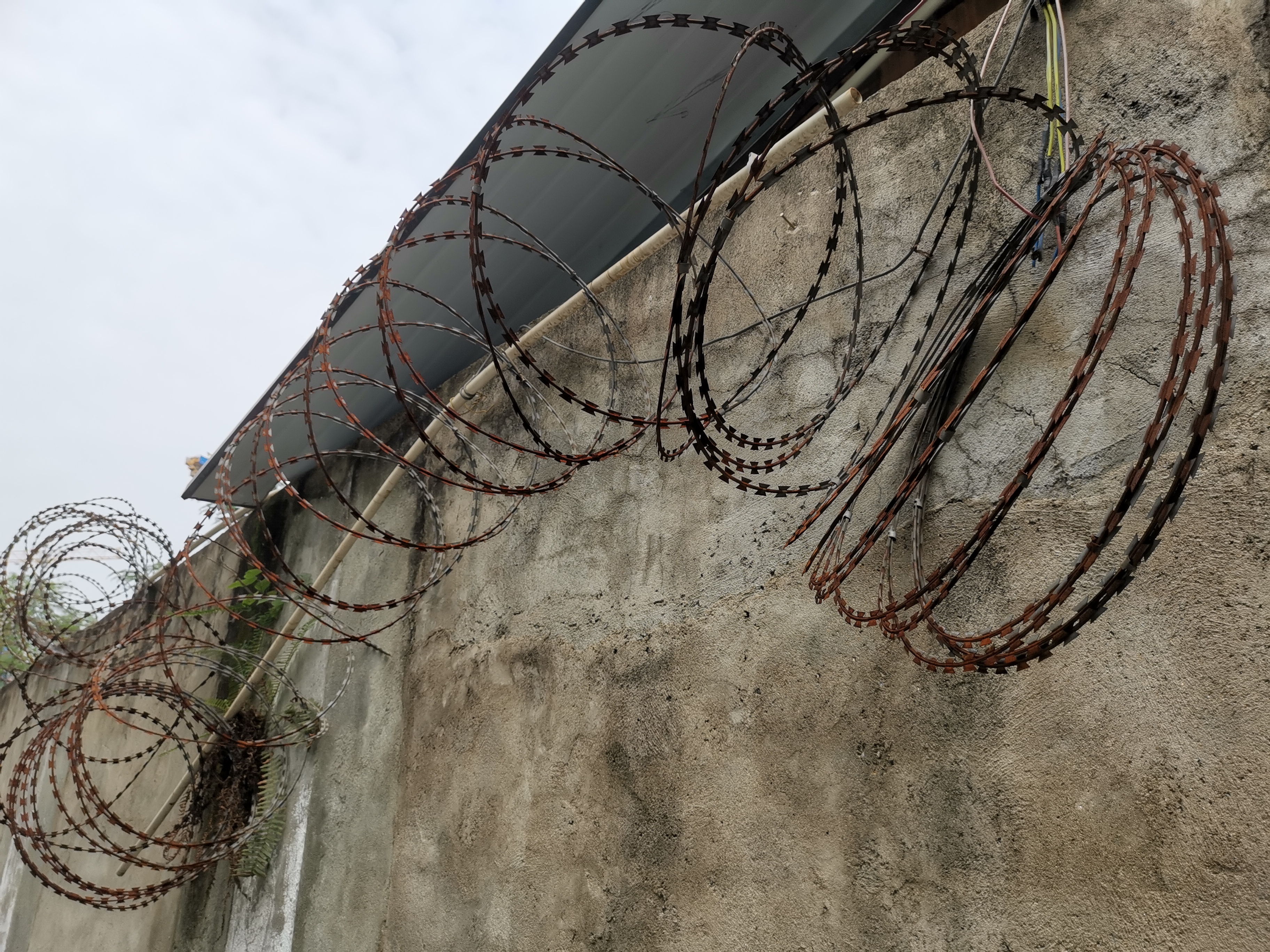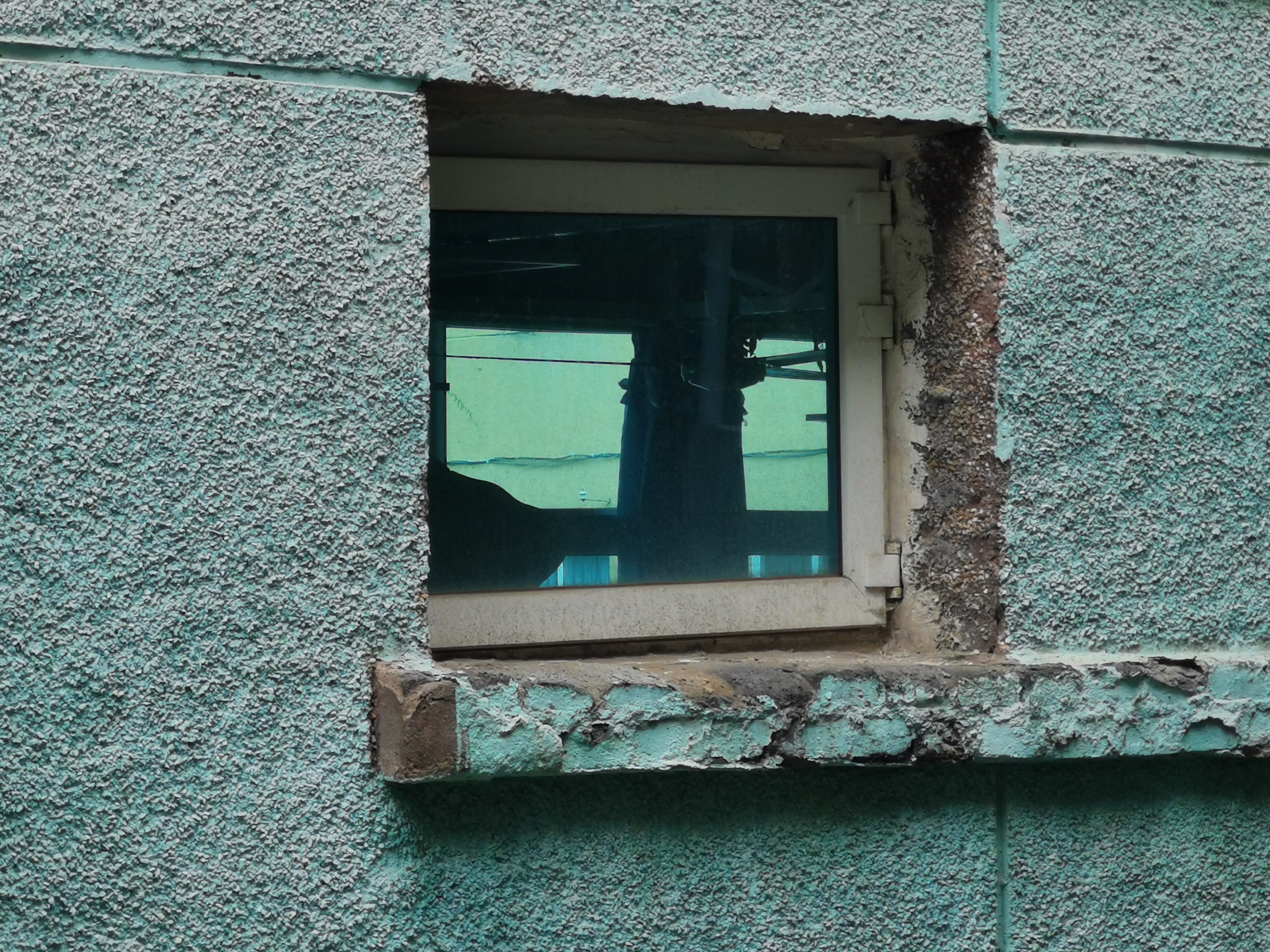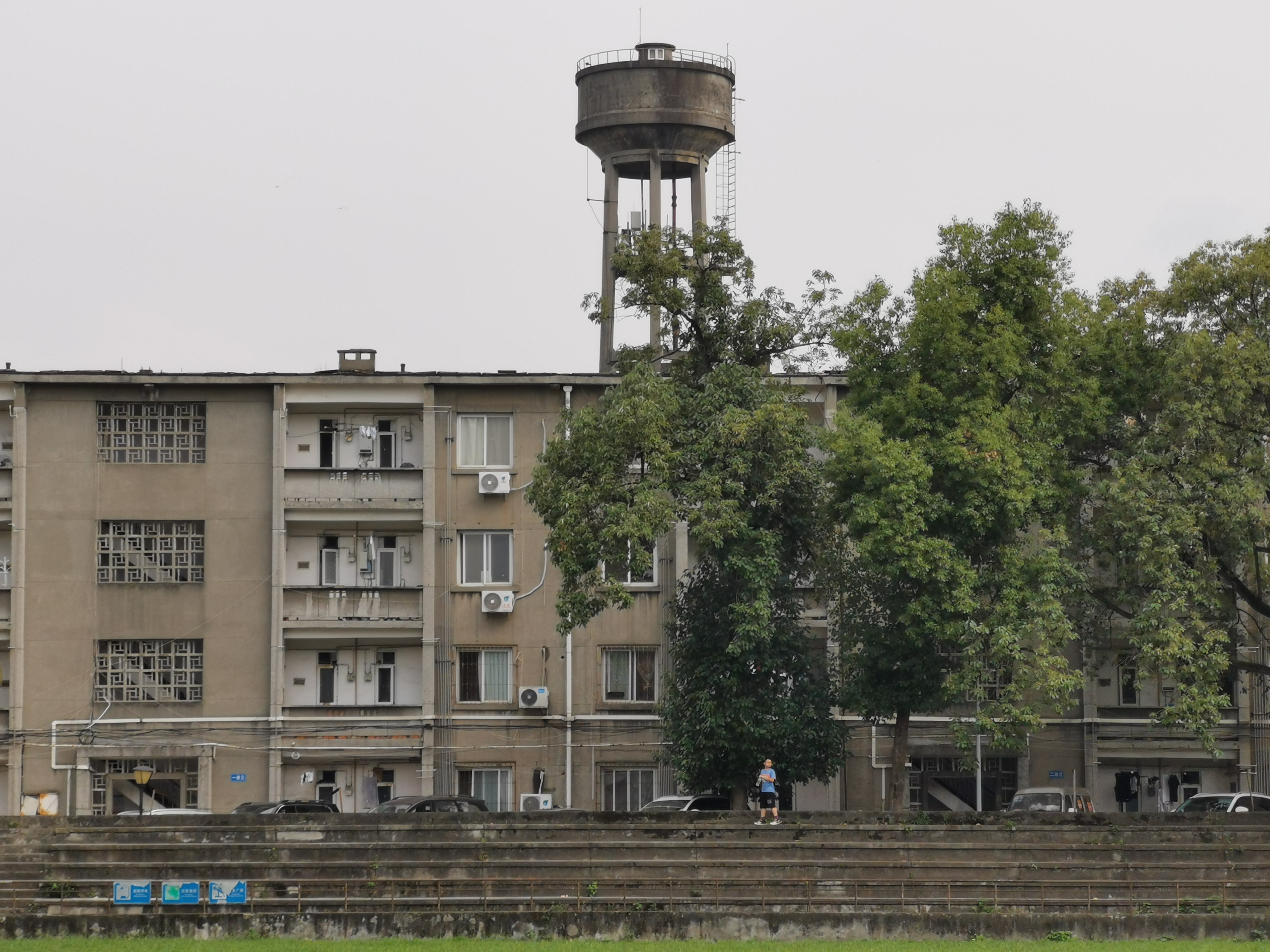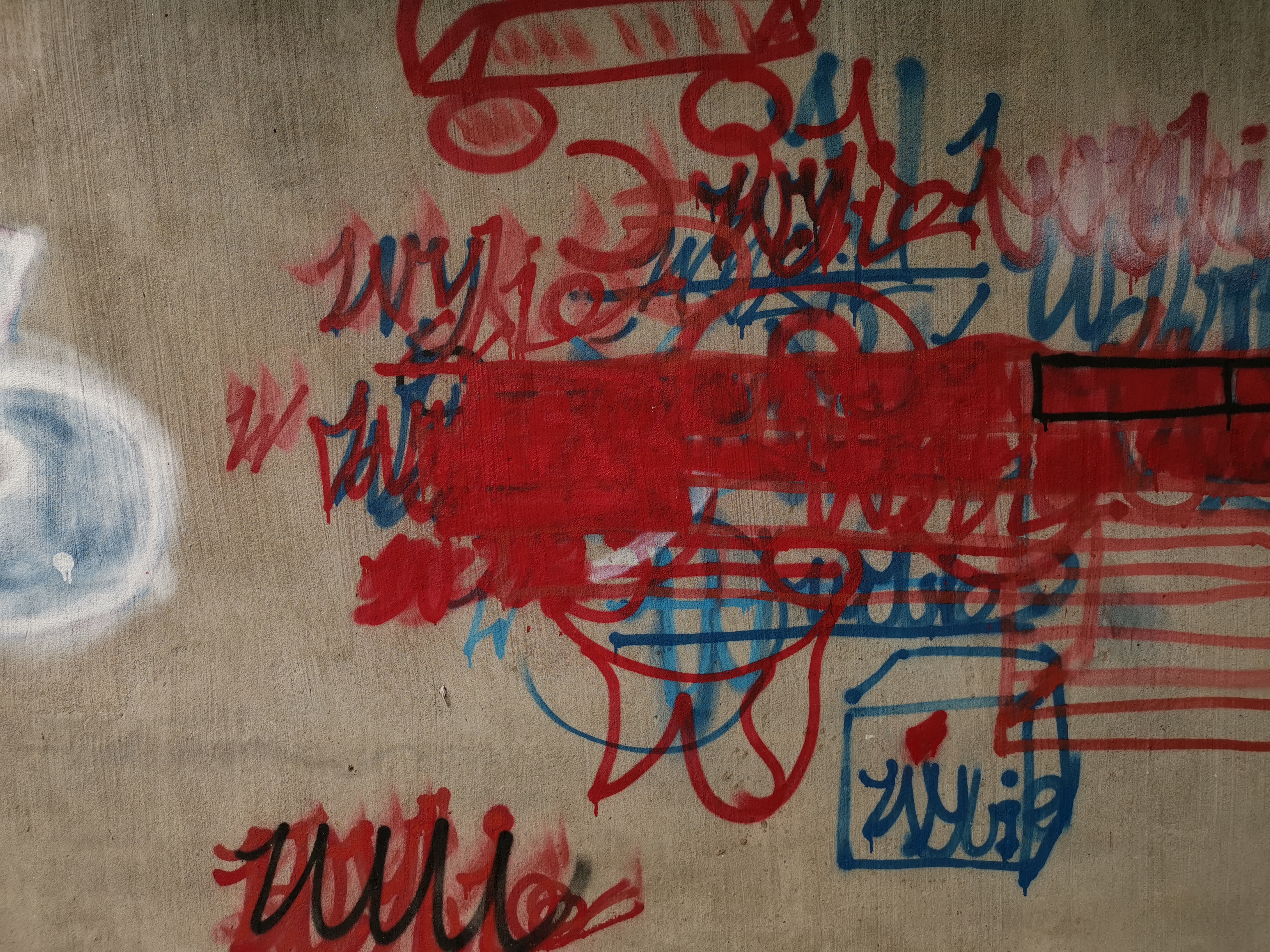Immunology between Sacred Beliefs and Local Wars:
Scientific - Catholic Colonialism, Multispecies Imaginations, and Chinese BCG Vaccine
Duration: 2024 - Present
Key Themes:Immunology; Postcolonialism; Biopolitics; Indigenous Knowledge; Multispecies Relationships
The project will focus on the traces left by the Catholic Diocese of Kunming in Zhaotong and Kunming since the end of the 19th century, with particular attention to the ways in which the Catholic faith and colonial science have become intricately entangled in the region and have been intervened in and altered by the traditional multispecies dependencies of the Southwest, and in turn, the latter. The project also pays particular attention to the emergent impact of regional regime change and sudden shifts in political context on immunisation practices. Through speculative exploration of multispecies and trans-subjective fieldwork, this project seeks to elucidate the inherent openness and encounters within ethnographic practice. In this process, the anthropologist places themselves in a position of extreme vulnerability through fieldwork, undergoing a transformation that involves nearly abandoning their own subjectivity and reconstructing themselves through newly established connections. I explore this story with the immunologist Wang Liang: born in Chengdu, Sichuan Province, Wang Liang was sponsored by the Catholic Diocese of Kunming to train at the Hanoi Medical School established by the French colonial government in Indochina; after returning to China, he was shocked by the deaths of his siblings from tuberculosis and decided to go to France as a personal risk-taker to learn about the recently invented but highly questionable BCG vaccine, which was nearly shipwrecked on the way across the sea; At the time, before the discovery of Mycobacterium tuberculosis as the cause of tuberculosis, tuberculosis was often thought to be related to socio-economic circumstances or "hygiene" in a broader sense; whereas BCG occupied a blurred line between prevention and treatment of the disease, Wang Liang's decision was a radical one at the time. Returning to the Chongqing area of Sichuan with the BCG vaccine strain, Wang Liang took a job at the French Catholic Church-funded Ren'aitang Hospital, while at the same time establishing his own small microbiological research institute near the hospital, where he engaged in the cultivation of the BCG vaccine and small-scale inoculation experiments.
Scientific - Catholic Colonialism, Multispecies Imaginations, and Chinese BCG Vaccine
Duration: 2024 - Present
Key Themes:Immunology; Postcolonialism; Biopolitics; Indigenous Knowledge; Multispecies Relationships
The project will focus on the traces left by the Catholic Diocese of Kunming in Zhaotong and Kunming since the end of the 19th century, with particular attention to the ways in which the Catholic faith and colonial science have become intricately entangled in the region and have been intervened in and altered by the traditional multispecies dependencies of the Southwest, and in turn, the latter. The project also pays particular attention to the emergent impact of regional regime change and sudden shifts in political context on immunisation practices. Through speculative exploration of multispecies and trans-subjective fieldwork, this project seeks to elucidate the inherent openness and encounters within ethnographic practice. In this process, the anthropologist places themselves in a position of extreme vulnerability through fieldwork, undergoing a transformation that involves nearly abandoning their own subjectivity and reconstructing themselves through newly established connections. I explore this story with the immunologist Wang Liang: born in Chengdu, Sichuan Province, Wang Liang was sponsored by the Catholic Diocese of Kunming to train at the Hanoi Medical School established by the French colonial government in Indochina; after returning to China, he was shocked by the deaths of his siblings from tuberculosis and decided to go to France as a personal risk-taker to learn about the recently invented but highly questionable BCG vaccine, which was nearly shipwrecked on the way across the sea; At the time, before the discovery of Mycobacterium tuberculosis as the cause of tuberculosis, tuberculosis was often thought to be related to socio-economic circumstances or "hygiene" in a broader sense; whereas BCG occupied a blurred line between prevention and treatment of the disease, Wang Liang's decision was a radical one at the time. Returning to the Chongqing area of Sichuan with the BCG vaccine strain, Wang Liang took a job at the French Catholic Church-funded Ren'aitang Hospital, while at the same time establishing his own small microbiological research institute near the hospital, where he engaged in the cultivation of the BCG vaccine and small-scale inoculation experiments.
Photographed at the Chengdu Bioproducts Factory, where Wang Liang used to work after the merger of units in the Southwest China region in the 1950s. The area is now owned by Chengdu Bioproducts Factory, and there are still many traces of the collective labour period.
The BCG story does not end with the successful promotion of BCG by Wang Liang and other immunologists; on the contrary, the interrelationship between immunological science and geo-warfare and political ideologies is reflected in the very different ways in which Wang Liang and his immunological laboratory in Chongqing were treated by different governmental entities as regimes changed in the region: according to Wang Liang's own recollections, the GUOMIN National Government's Department of Health, which was relocated from Wuhan to Chongqing for the Sino-Japanese war in 1939, hastily closed Wang Liang's laboratory and terminated his BCG vaccination work after an unofficial examination, citing, among other things, environmental hygiene concerns; when the communist army moved into Chongqing in 1949 and subsequently established the Ministry of Health of the Southwest Military and Political Commission, the minister, Qian Xinzhong, visited Wang Liang's microbiology laboratory in person and offered his condolences, and two years later, he appointed Wang Liang as the director of the Southwest BCG Vaccine Manufacturing Institute, where he continued to teach and promote BCG vaccination to professionals. With the merger of the medical biology institutes in the Southwest, Wang Liang has been working in the communist health system ever since. Particularly notable in Wang Liang's personal narrative is the context of his own immunisation practice, which has undergone multiple changes from a Catholic view of fraternity (and underlying colonial intentions), to Confucian morality, and revolutionary political ideals, which have been significantly influenced by the external political situation, implying that Wang Liang's immunology narrative can serve as an important clue to broader changes in the region.
The project also suggests that Wang Liang's story should be examined in the context of a culture concerned with multispecies relationships shaped by a combination of Southwestern traditions and Catholic colonial science, and can this culture find further clues in the Southwest today? Through documentary research, historical travel and artistic interpretation, the project explores the Southwest's distinctive popular conceptions of species relationships (human, microbial...) and the ways in which the intentions of Catholic faith, colonial science, and revolutionary politics have been misinterpreted, augmented, obfuscated, and subverted at the local and in the BCG.
Acknowledgements: This project has been supported by the Nanshan Artist Community Residency Programme in Chongqing, and was presented at the "Inspiration Booster" Creative Camp of Contemporary Art Design, XLY MoMA, Chengdu.



